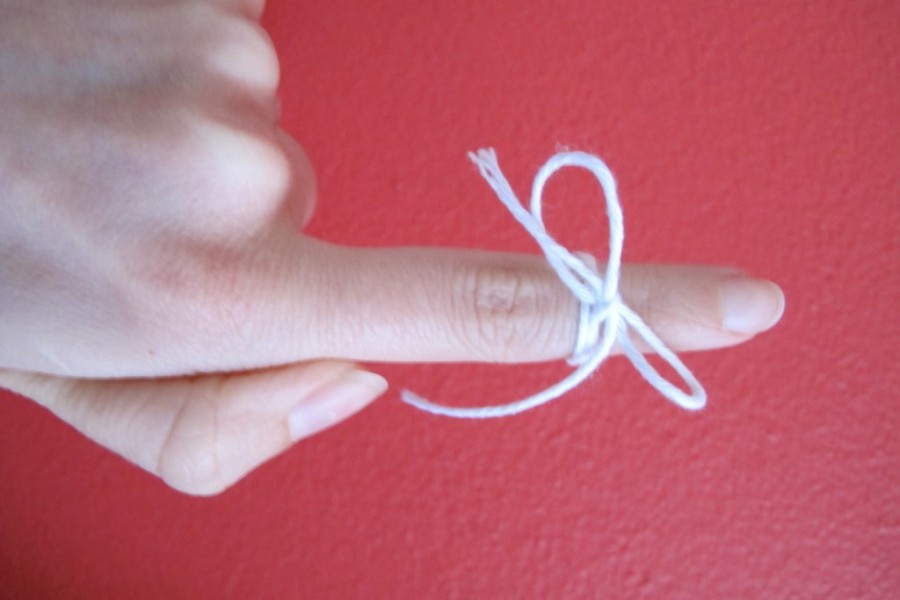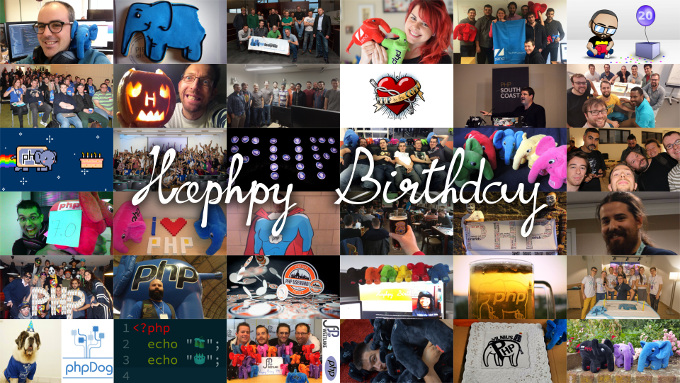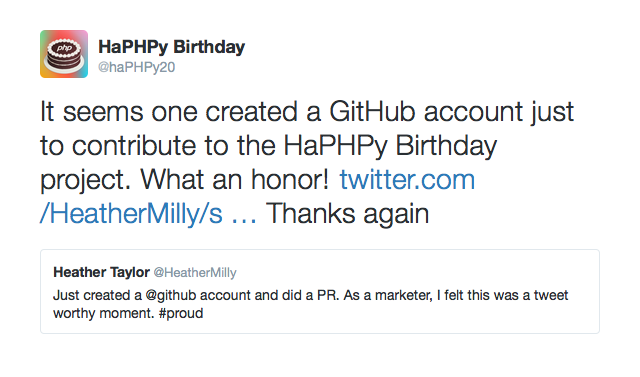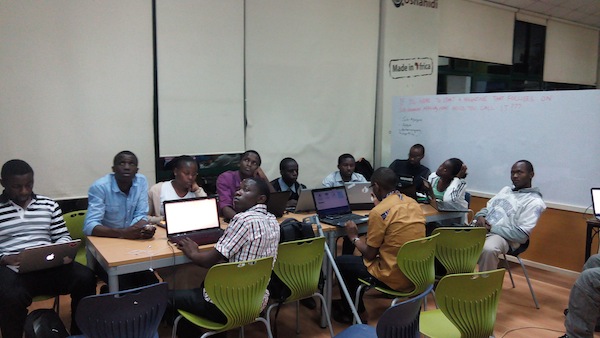Organisers of events, whether working for their local user group, conference or camp, put a lot of time into making the best possible event for attendees. A great event is created when everyone there participates, and this includes the attendees – so here are some tips from me to you, covering things we can all do to make events we go to that tiny bit better.
Turn your phones on silent
Learn from my mistake – there is nothing more embarrassing than when everyone turns their heads and stares at you whilst your phone is ringing.
Keep being curious
Curiosity may have killed the cat, but I think it’s something we should celebrate.
No question is too stupid or too small. Raise that hand up, ask that question. I can guarantee someone else has the same question as you. They also think they are being silly for not knowing the answer.
If you are shy about asking the question in front of the audience, ask the speaker when they get off stage, or in the hallway.
If you are on the recieving end of this curiosity, I’m sure there was a time when you had similar questions, and you most likely still have questions every day. Be patient and watch how you can inspire and support someone as their understanding increases.
Manners are free
If you are at a conference or user group and someone is stood up speaking, regardless of who that person is, shut up and listen.
They have chosen to share some words with the room. They may have had to build up the courage to stand up and share those words with you, so the least you can do is show respect for their effort.
We can hear you
Talking under your breath to yourself, or whispering to your neighbour whilst someone is speaking is plain rude, no matter the reason. If this happens because you agree or disagree with what is being said, nod or shake your head. Everyone else can hear you whispering – after all, the rest of the room is listening.
As a speaker this is really distracting and irritating. It’s like talking in a virtual meeting whilst hearing feedback of your own voice.
As an attendee, it’s like having a bee buzz in your ear whilst trying to pay attention. It is even worse when the conversation you are having is nothing to do with the topic that is being presented to you. No, I don’t really care about how to implement this functionality whilst in a talk about accessibility.
If you must talk – leave the room quietly or go old school and write a note and pass it on.
Say Hello
I’ve seen it countless times: People who have taken a big step and gone to an event on their own, where they have known no one, and stand on their own looking a little shy as everyone around them is in their cliques. Even though I’m on the extrovert side of the scale, this happens to me too.
If you see these people, extend a hand out, say hello, step aside, make room and wave them in to participate in the conversation.
This is one of the biggest things we can to do make our community welcoming to everyone who passes through.
If you are stuck for ways to strike a conversation, here’s a few of my go to questions I use constantly.
- Hi, what did you think of that talk?
This is great at nearly every event. You can also follow it with – Have you used [ insert subject of the talk ] before?
- Hey, been to any good talks?
Good during breaks and lunches at a conference
- Hi, I’m [ insert name here ], have you travelled far?
- Gosh the weather is [ insert observation of weather here ]…
Rather British but a classic
If you don’t attend events for what ever reason…
There is no reason to fear missing out
If there is anything that 2015 has taught me is that the Fear of Missing Out (FOMO) is very real and is a real pain. The 2015 FOMO basically meant I was never home, I put my personal life on a serious back burner and meant I travelled with a messed up ankle because I hadn’t made time for the doctors.
Don’t misread this as me complaining, because it was totally worth all the adventures, conversations and people I have met this year.
Quality over quantity
What I have learnt this year is that it is better to attend fewer events with more energy. To learn, absorb the atmosphere and have quality in-depth conversations with a select few, is better than running to chase after every conference badge.
There are ways to be part of the conversation without having to leave your home. IRC, Twitter, personal blogs, mailing lists – the list is long. Join in and take part virtually.
One final thing
It is important to leave a empty space for new people to fill – whether that is as a conference, camp or user group organiser, speaker, developer, [insert role here], etc.
If Lorna had never left the PHPNW organising team, would I have been asked to join them? Would I have worked hard to make everyone feel as at home at in my home town as I did?
We have a responsibility to pass on our roles to others. This reduces bus factor within communities, and tills the soil allowing next season’s budding talent to grow.
As a community let’s celebrate building legacies not linchpins. Let’s work together to create a better community than the one we each walked into. Leave a legacy that can survive without us for those moments when life throws a spanner in the works.
There is always a choice
This is the one thing that I remember from therapy that has stuck with me all these years.
Whatever we do, whenever we do it, we are performing a choice. The choices we face are not always favourable, but they are choices none the less.
This includes the momentary choices we make on how we act as a person, a team and a community.
I’ll be stepping into 2016 trying to make the best choices for myself, the people around me and ultimately, for the community.
I hope you will join me.
To 2016 and beyond!
Image by bibliojojo titled: Reminder3






